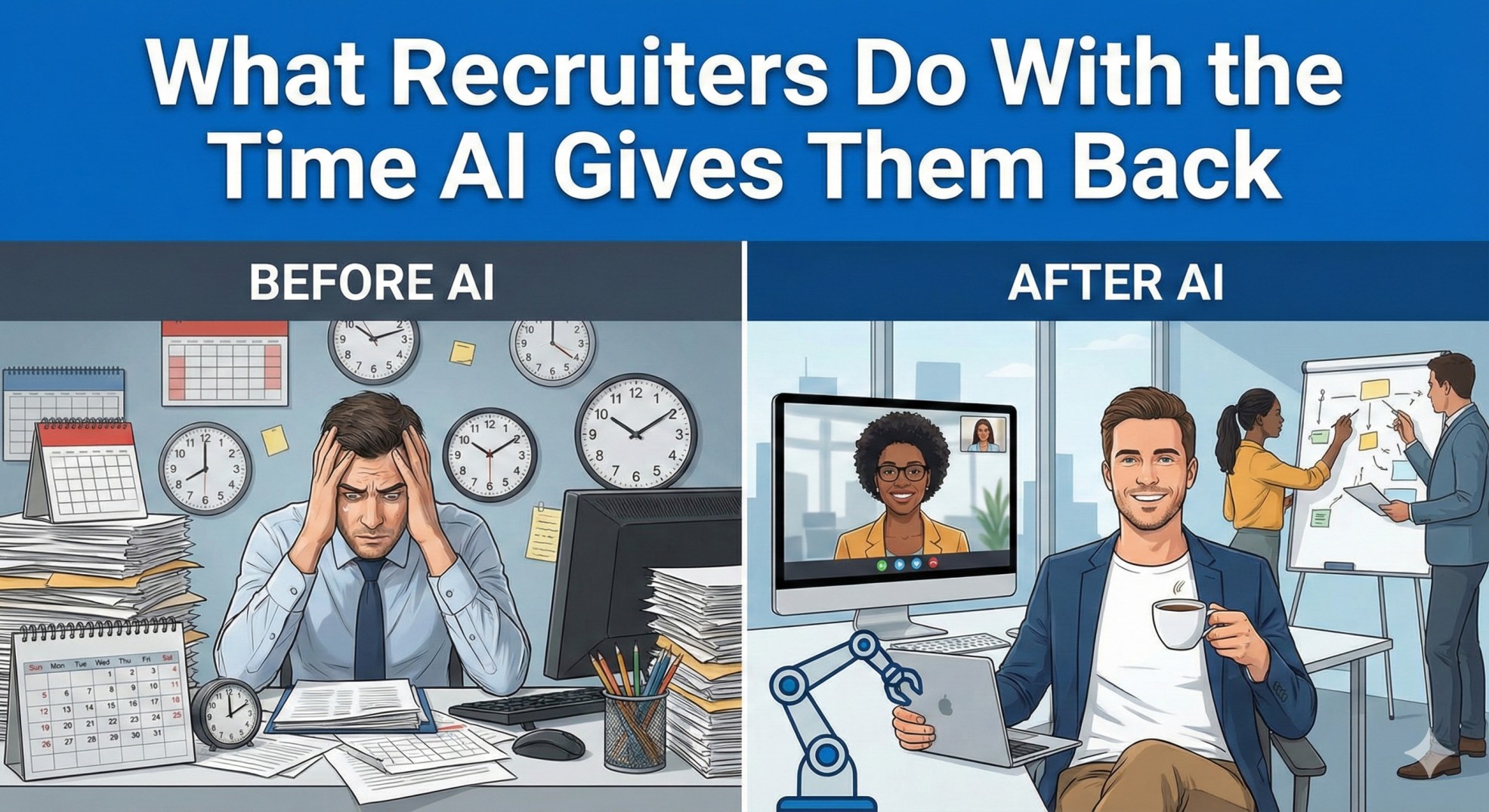Rethinking Hiring: The Shift in Focus to Skill-Based Hiring
.png)
Companies have long measured qualifications such as degrees, years of experience, and other pedigree indicators as filters when selecting and hiring candidates. However as time passes, this model's flaws become increasingly obvious: According to a recent LinkedIn poll of U.S. company executives, 61% of them think it's difficult to find top talent right now. Studies also show that traditional indicators of skill, such as the number of years of experience, are often inaccurate indicators of a person's capacity for success.
In this blog, we will explore the importance of competency-based hiring, and its impact on the recruitment process, as well as the broader job market.
The approach of skilled-based hiring is becoming increasingly popular among employers, as it enables them to identify competent candidates possessing the essential skills and potential to excel in a given role. This strategy is especially effective for entry-level and mid-career positions that do not demand specialized credentials or training.
Skill-Based Recruitment enables employers to identify candidates with the specific skills and abilities needed for a particular role, resulting in a better fit between the employee and the job. This improves the accuracy of the hiring process and reduces employee turnover.
Use candidate assessment tools that help you hire job fit candidates. Platforms like CBREX generate ‘fit-score’ that helps you assess whether the candidate is the right fit for your vacant position.
Skill-based hiring allows employers to identify candidates who possess the necessary skills for a job, even if they lack formal education or traditional career paths. This approach involves eliminating unnecessary job requirements such as specific years of experience or easily learnable skills, thereby opening up the talent pool significantly. By removing these barriers to entry, more people can access well-paying jobs through competency-based hiring, leading to a positive impact on society.
Having a diverse and skilled workforce can offer fresh outlooks and concepts to the company, which can lead to heightened creativity and innovation. By prioritizing objective criteria that are more pertinent to the job, skill-based recruitment can diminish unconscious bias in the recruitment process and establish a more varied talent pool.
Skilled-based hiring ensures that employees have the necessary skills to perform their job effectively, resulting in greater job satisfaction and higher employee morale. This can lead to improved employee retention and reduced turnover. Enhance employee retention by linking skills-based hiring with your workforce's learning and development initiatives. By recognizing transferable skills and areas that need improvement, you can design a development plan for employees to facilitate their progress within the organization.
With the advantages it offers, skill-based recruitment can be a valuable tool for companies looking to build a successful and dynamic workforce.
Next Read: How to Get Started With Skill-Based Hiring

.jpg)






